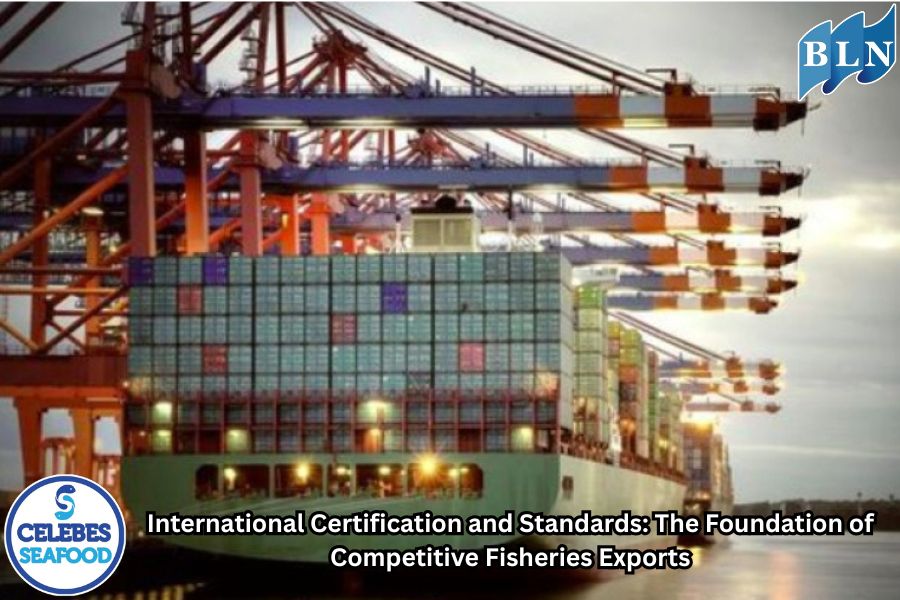11 Advantages of Net Cages as a Fish Culture Systems
By. Nevanda - 07 Aug 2023
lautnusantara.com - The fish farming method using cages or floating net cages has a number of advantages that make it a popular choice in aquaculture. Here are some of the main advantages of the cage fish farming method:
1. Utilization of Waters
The cage method allows the utilization of waters such as lakes, rivers, or seas as farming sites. This allows fish farmers to utilize existing water resources without having to allocate dedicated land.
2. Large Scale
The cage method allows fish farming on a large scale, as cages can be placed in larger numbers over a large area of water.
3. Natural Environment Control
Fish cultured in cages benefit from the natural environment, such as the natural circulation of water, plankton plants, and other microorganisms that serve as natural food.
4. Natural Aeration
The movement of the water around the cages provides the oxygen required by the fish. This reduces the need for additional aeration systems.
5. Location Flexibility
Cages can be easily moved to a better location if needed, for example if water conditions change or to avoid certain environmental issues.
6. Natural Feeding
Fish in cages can utilize natural food present in the water, such as plankton and small invertebrates, which can reduce the cost of artificial feed.
7. Water Quality
The movement of water around the cages helps to naturally maintain water quality, reducing the risk of problems such as waste buildup and decreased oxygen levels.
Read also: Perfect Shrimp Taco Recipe for Your Culinary Adventures
8. Predator Control
Cages provide protection against predators such as birds and other predatory animals, which can help maintain fish stocks.
9. Diversification
The cage method also allows for diversification of aquaculture by growing multiple species of fish or integrating fish farming with other species such as mollusks or algae.
10. Easy Monitoring
Fish in cages can be monitored relatively easily as they are at the surface of the water, so health or growth problems can be detected more quickly.
11. Land Saving
Cage farming does not require large areas of land, which can save space and reduce the impact on the terrestrial environment.
Despite its many advantages, it is important to remember that the cage fish farming method also has its own challenges and drawbacks. Poor environmental control, hygiene issues, and potential impacts on aquatic ecosystems are some of the things that must be considered in fish farming using cages.



.jpg)

.jpg)
.jpg)
.jpg)
